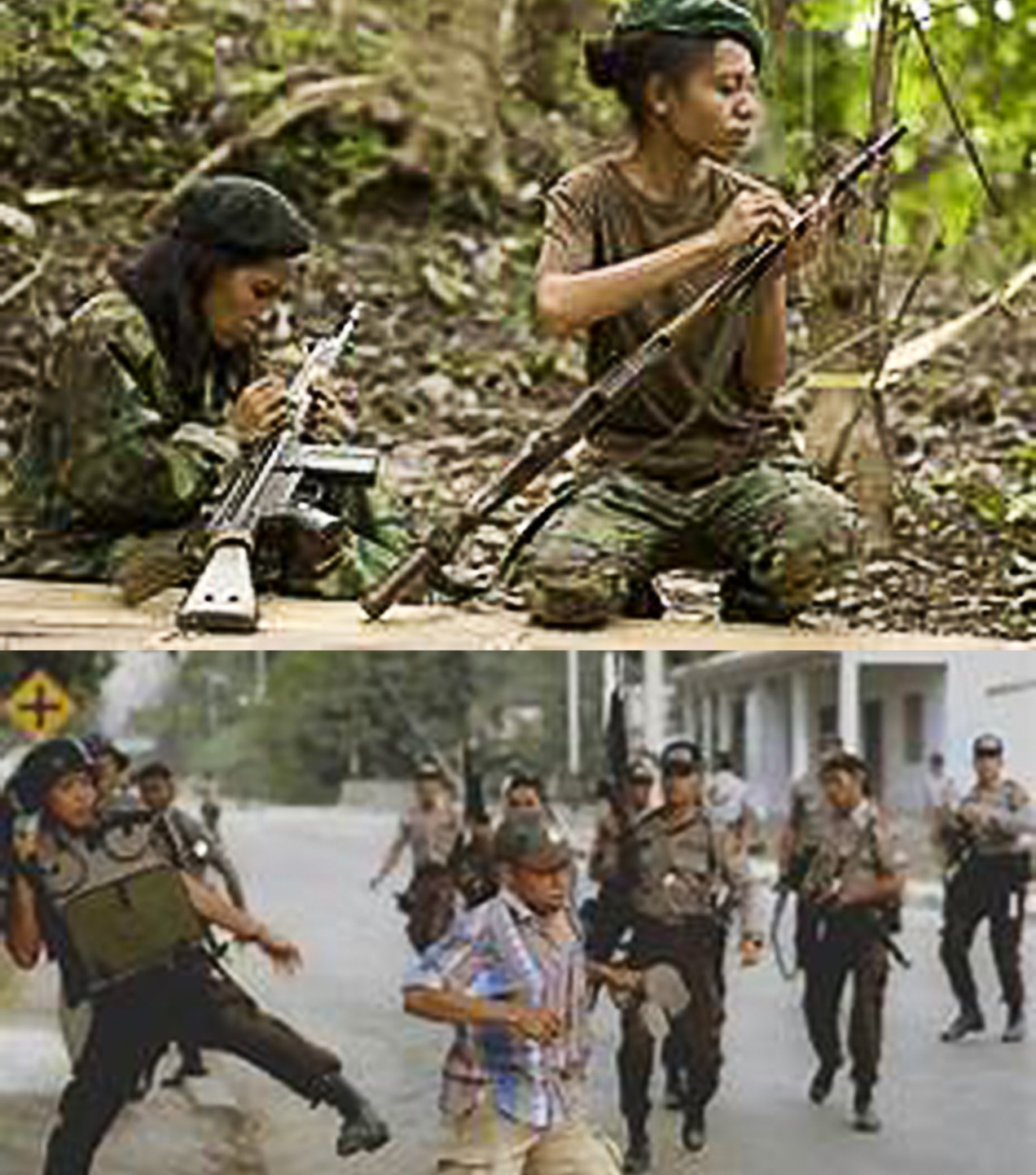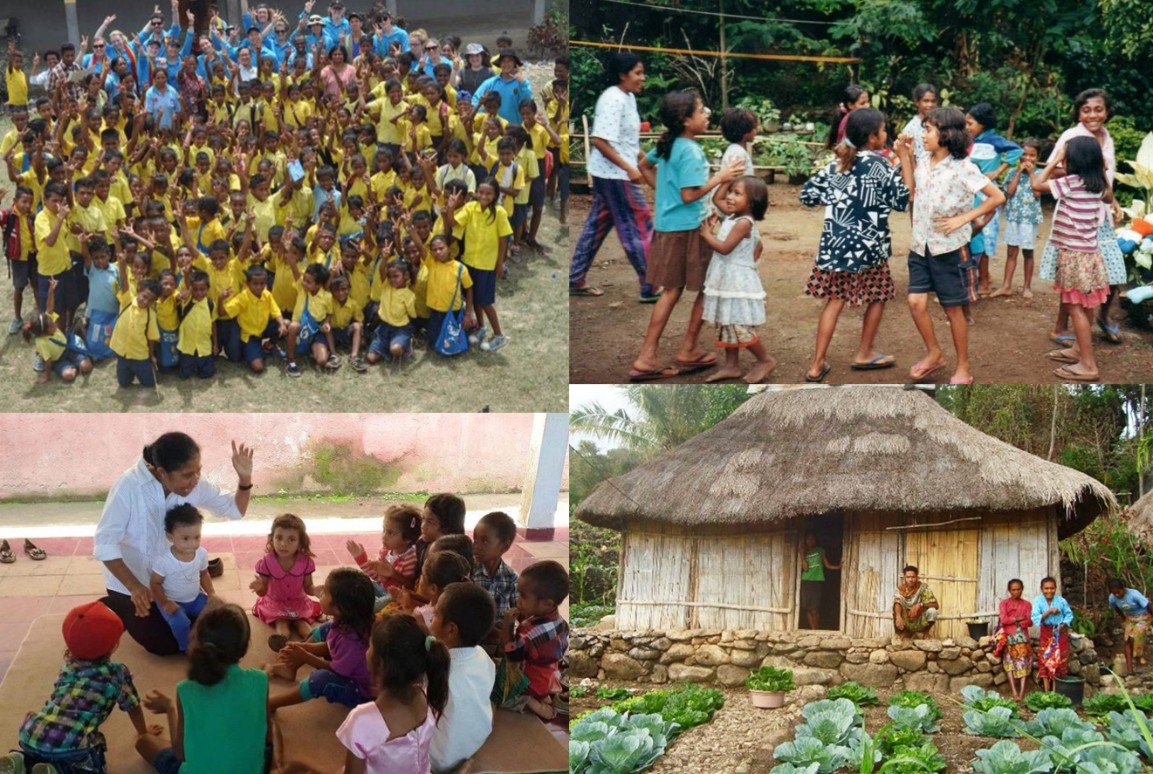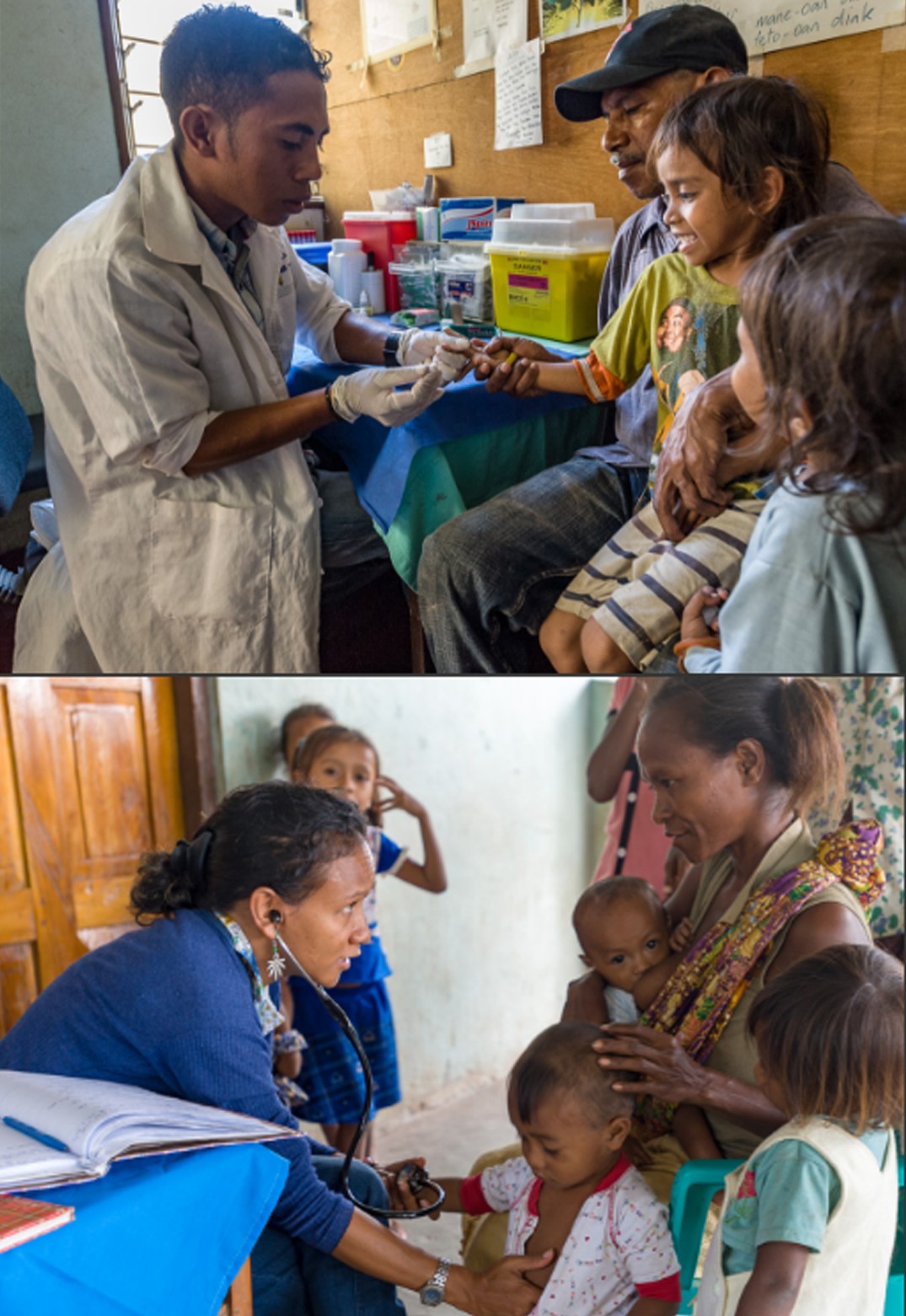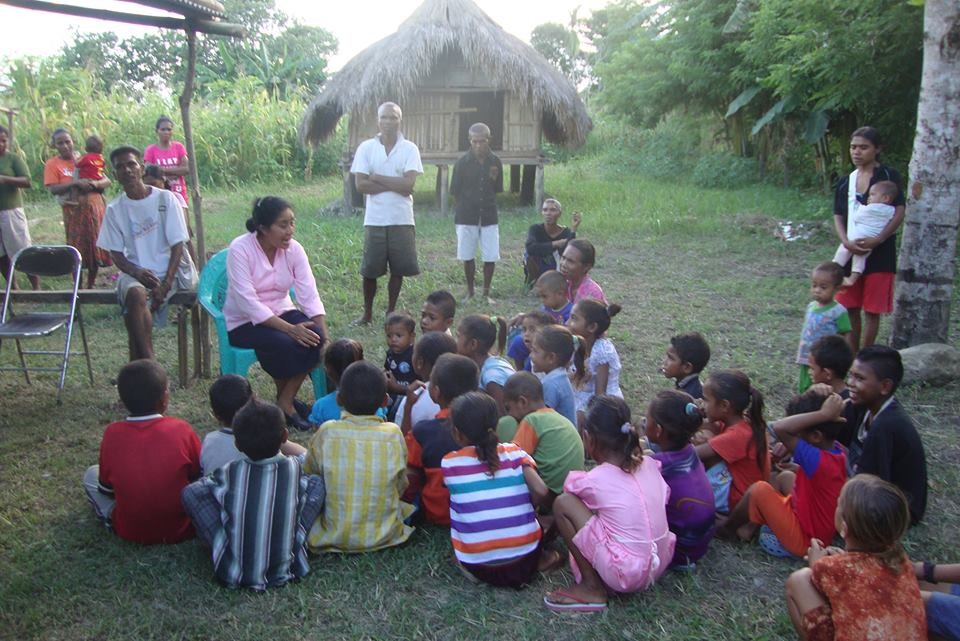For Timor Leste, centuries of colonial rule and decades of bitter civil strife have killed a third of the country’s population in its struggle to be a free and independent nation. It remains a fragile state, burdened by political dissension, violence, a weak economy, and widespread poverty. This is a situation in which the work of civil society and ordinary citizens is urgent and invaluable.
MARIA DE LOURDES MARTINS CRUZ, widely known as MANA LOU,was born one of seven children of a well-to-do coffee planter in Liquica, Timor Leste. Displaying an affinity for religious work as a child, she studied at a Jesuit institute in Yogyakarta, Indonesia, where she was exposed to the liberation theology of Gustavo Gutierrez and the pedagogy of Paulo Freire. She then joined the Canossian Sisters congregation, but left before taking her final vows when she discerned that her personal vocation lay outside the convent walls.
In 1989, she founded Instituto Seculare Maun Alin Iha Kristu (ISMAIK), or Secular Institute of Brothers and Sisters in Christ, a lay institute of men and women dedicated to uplifting the poorest of the poor through projects in health care, education, farming, animal husbandry, and other self-help initiatives. MANA LOU carried out her work in the midst of Timor Leste’s tumultuous transition to independence in 2002, when the Indonesian army occupied the country and fierce fighting broke out between pro-Indonesia and pro-independence Timorese militias. Boldly crossing battle lines, she talked to Indonesian soldiers, warring militias, and refugees, spreading, by force of her spirit of solidarity, a gospel of love and peace. She built a refuge in her father’s coffee estate in Dare, in the hills above Dili; in time this refuge would include a school for girls, orphanages, a home for the sick, and a place where people of opposing faiths and politics could find safety and peace.
From this beginning, ISMAIK has expanded to more than ten such houses across the country. Called “schools of life” and led by ISMAIK members and volunteers, these houses serve, according to need, as centers for moral and spiritual formation, skills and livelihood training, care centers for tuberculosis patients and children with disabilities, and hubs for community participation. In partnership with an American doctor, MANA LOU also established Bairo-Ata Clinic, a large, free clinic for the poor that averages 300 patients daily and is the nation’s largest provider of tuberculosis treatment.
Typically, however, ISMAIK’s initiatives are small-scale, needs-based, person-to-person, and practical. They put the premium on values of self-reliance, the use of locally available resources such as the promotion of herbal medicine and food gardens, mutual help in projects such like labor-pooling for house construction, and moral and spiritual formation. MANA LOU says, “We see that Jesus was very simple. He was impassioned, always ready to do something, ready to act.” “Hence,” she says, “people should take control: if a road needs fixing, we fix it; if someone needs help in farm work, we help.”
Transcending the ethnic, religious, and political divisions in Timorese society, MANA LOU is animated not only by her faith, but also by her love for her people and her conviction that building independent, productive, and ethical persons is fundamental in her country, where a sense of national identity and civic consciousness are as yet undeveloped. “Ours is a new nation,” she says. “It will need people to have a heart big enough to love and bodies prepared to do hard work.”
In electing MARIA DE LOURDES MARTINS CRUZ to receive the 2018 Ramon Magsaysay Award, the board of trustees recognizes her pure humanitarianism in uplifting Timor Leste’s poor, her courageous pursuit of social justice and peace, and her nurturing the development of autonomous, self-reliant, caring citizens, so vital in new, post-conflict nations in the world.





















